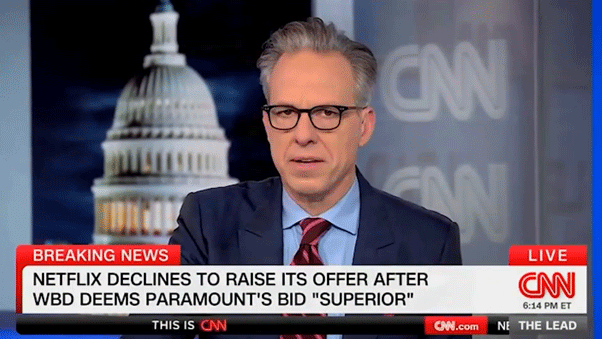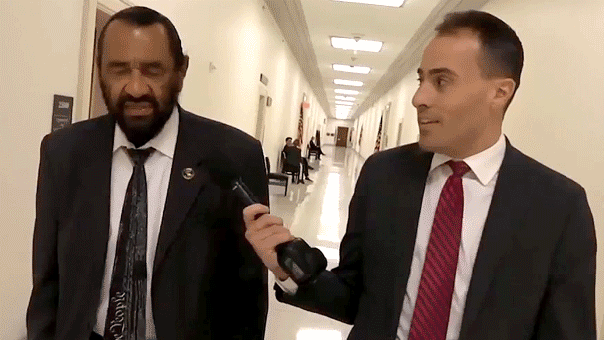Fired professor: Colleges have lost purpose of debating ideas to find truth
Former college professor Matthew Garrett described the breakdown of free speech on campus and how academia's push for DEI allows just one viewpoint.
A marketing expert says college "rankings" need to better take into account what students themselves are looking for in an institution, as one famous list came under fire this week for what critics said was a flawed methodology.
U.S. News & World Report made headlines with its alteration to its famed college and universities rankings that came out Monday, which put a greater emphasis on "social mobility" and advancement for poorer students, and discounted past metrics like average class size and alumni giving.
"More than 50% of an institution’s rank now comprises varying outcome measures related to success in enrolling and graduating students from all backgrounds with manageable debt and post-graduate success. In addition, five factors were removed: class size, faculty with terminal degrees, alumni giving, high school class standing and the proportion of graduates who borrow federal loans," the company announced with its latest rankings.
The usual contenders were at the top like Princeton, MIT, Harvard and Stanford, but some private institutions like the University of Chicago, Vanderbilt, Wake Forest and Tulane saw moderate to dramatic falls from last year. Meanwhile, some public institutions saw huge rises. While many academics sniff at the rankings as a crude way to measure educational value, the New York Times noted many institutions nevertheless use them as marketing tools.
Marketing expert Marcus Collins told FOX News Digital that "social mobility," a mere euphemism for economic mobility as he put it, is "essentially the value exchange of college."
"That’s what the promise of higher education, the value proposition—if you will. It’s not just knowledge acquisition; education is supposed to be the means by which people are able to elevate themselves in society. Get a good job and have a chance at the American dream. This furthers discourse around the validity of higher education. If people are going to colleges and universities, accruing tons of debt, but not elevating their place in the world, what is the value of said education? It certainly isn’t worth the small fortune that people pay to get it," he told FOX News Digital.
If people don't get access to a better life from their degree, was it worth it, he asks?
"This thought experiment begs the argument that what people are looking for should be a factor in how the school is evaluated/ranked," he said.
STUDENT DEBT CRISIS IS A BIG SCHOOL PROBLEM. THIS IS AMERICA'S SMALL SCHOOL MOMENT
Other experts shrugged at the uproar over rankings.
"Rankings are someone’s opinion filtered through math," Akil Bello, director of advocacy and advancement for the National Center for Fair and Open Testing, told USA TODAY this week. "That’s all it is."
Anna Ivey, a college admissions consultant and former admissions dean at the University of Chicago Law School, told USA TODAY that the rankings aren't relevant to most students anyway. After all, the schools that dominate discussion at the top of the lists only select a tiny proportion of applicants, while the vast majority of college hopefuls will attend larger, and more affordable, public institutions.
"Treat it for what it is," she said of the rankings. "No less, no more."
U.S. News & World Report didn't respond to a request for comment.
CLICK HERE TO GET THE FOX NEWS APP
For more Culture, Media, Education, Opinion and channel coverage, visit foxnews.com/media










































